5 Things About Chess Pieces You Didn’t Know
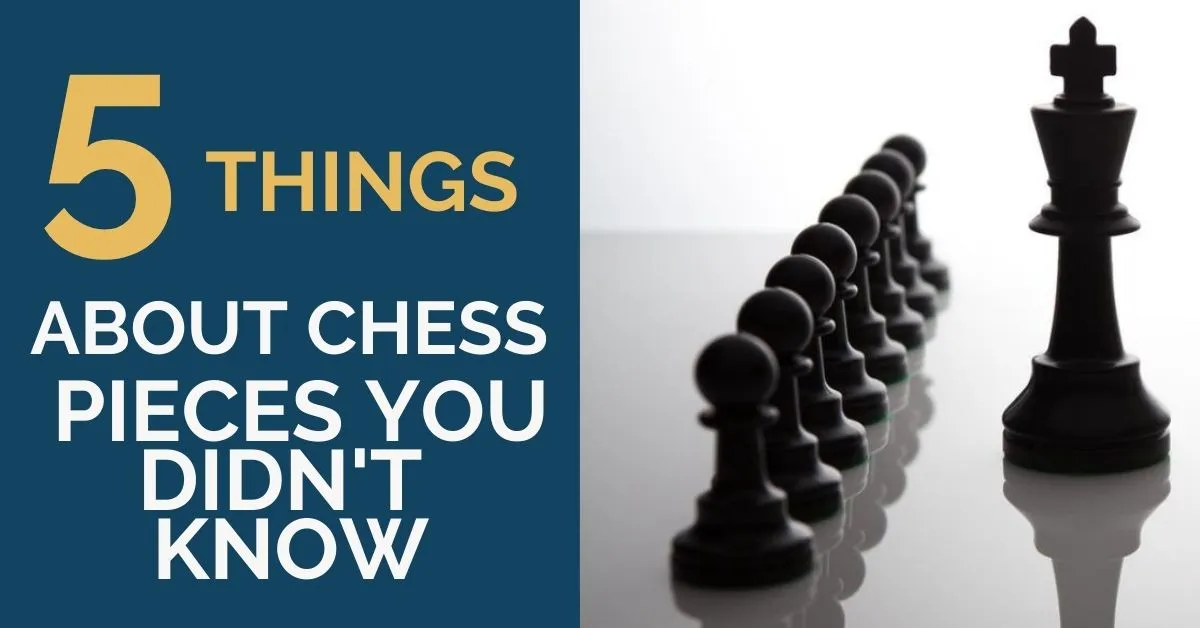
According to a legend, Napoleon Bonaparte knew the names of all of his soldiers. I am not sure if this is true or just a myth, but I can assure you that in chess, it is not enough to know the names of the pieces to win.
You should also be aware of their best qualities and weak points. The better you know your pieces the more suitable employment on the board you can find for them.
At the beginning of the chess journey, everyone gets taught about the value of pieces, their attacking potential, and the ways they work together to create tactical combinations. Later, we find out that knights love outposts and bishops enjoy open roads. This long process of learning the habits of your pieces is important for chess improvement. It will help you see which pieces you should develop first, choose the best places for them, and how to maneuver them to the desired squares.
In this article, we will talk about five less-known but important qualities of chess pieces that could help you in practice.
1. Knights are good king defenders
It is usually scary to have no pawns around your king. Such situations can arise in sharp openings or happen in late endgames. In both cases, the enemy pieces will try to attack your king. Instead of anxiously running away, you can rely on your knight.
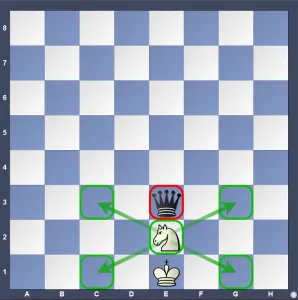
As you can see in the diagram, the knight can serve as a bullet-proof shield and not allow the dangerous queen to give a single check.
2. Pawns on the sixth rank are stronger than a rook
The strength of pawns depends on their positioning. Especially dangerous are connected passed pawns. They protect each other and march forward together. When they get to the 6th rank, even the rook can’t stop them.
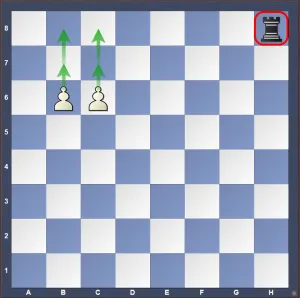
At this point, the rook could be placed behind the pawns, in front of them, or from the side. In all the cases, one of the pawns will be promoted.
Knowing such ideas is crucial when it comes to calculation. You will not need to double-check variations and make sure the pawns are unstoppable if you know this idea as a general rule.
3. Knights are the best blockaders
Passed pawns are too dangerous not to take care of. It is usually a good idea to block their way with one of your pieces. But which piece is the best for this job?
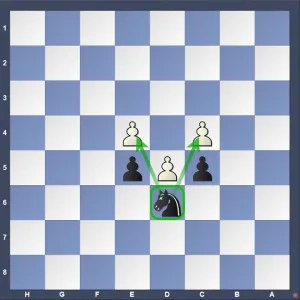
In most cases, it is a knight. It can firmly blockade the pawn but still stay active and control many important squares around it.
4. The queen is the worst blockader
Sometimes it takes too long to maneuver the knight to the blockading square. In such situations, many players prefer stopping the passed pawn with the piece that can reach it faster – the queen. It is hard to tell whether the queen is too good or too bad for this job, but it is definitely better to look for a substitute.
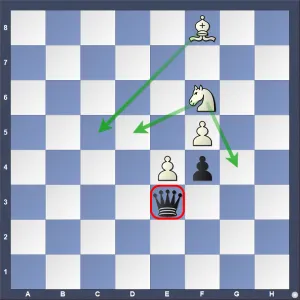
Guarding a pawn doesn’t sound like a royal duty. Her Majesty should have a more active role in the game. Also, she is too valuable: once an enemy piece attacks the blockading the square, the queen has to run away and give up on handling the pawn.
5. The value of pieces is relative
After studying the basic rules of chess, beginners learn about the value of the pieces. Usually, it is three points (pawns) for a bishop or a knight; five points for a rook; nine points for a queen. This scale makes it easy to understand the basics, but in reality, it is all relative. The true value of the pieces depends on the situation on the board.
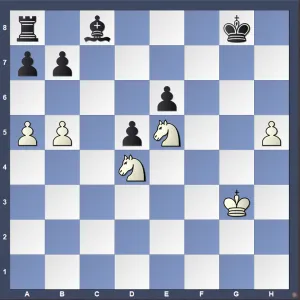
This is a famous position that Aaron Nimzowitsch used to illustrate the power of the blockade. Black has a material advantage, but their pieces can barely move. White’s knights are dominating and hence, are more valuable than Black’s rook and bishop.
This idea can be used to your advantage in practice. Aim for activating your pieces even by the cost of the material. This is the concept that makes the game of chess beautiful and complicated. It creates imbalances and opens the possibilities for positional sacrifices.
Unleash the power of chess pieces!
In this 10-hour video training, Zlatanovic takes one of the most difficult topics in chess and makes it accessible for <2000 rated players in a beginner-friendly language.
Once you are done with this, you will 2x your positional chess skills for sure!
https://thechessworld.com/store/product/the-role-of-pieces-with-im-boroljub-zlatanovic/



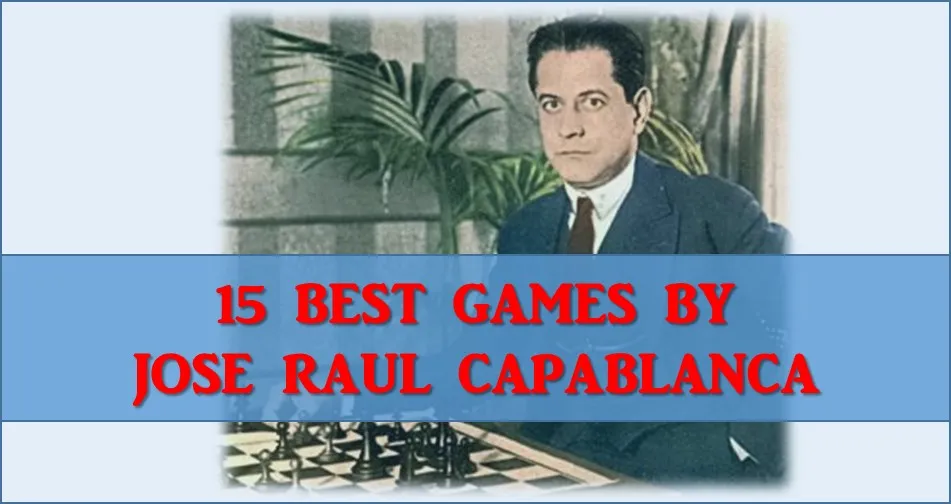
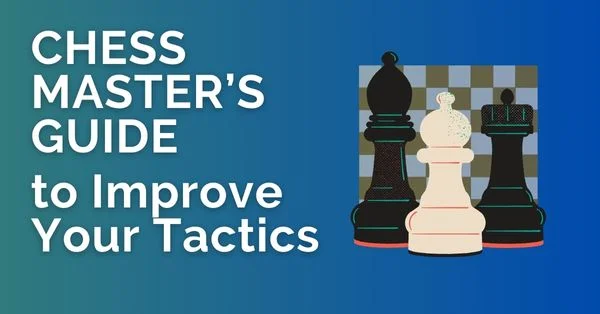
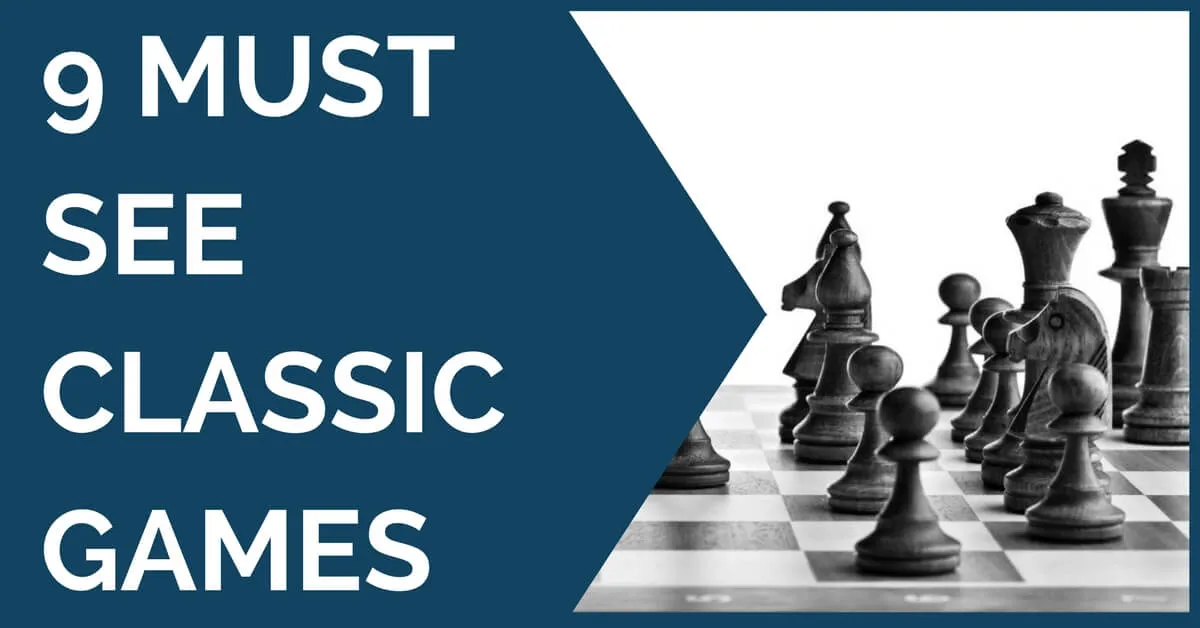




Comments: